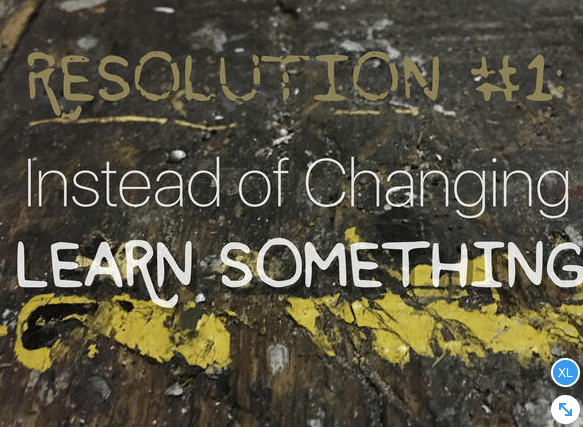Both coaching and mentoring can be effective developmental tools, but their effectiveness depends on the goals and needs of the individual being mentored or coached.
Here are some factors to consider when determining which approach may be more effective…
- Goal Clarity – Coaching is typically more effective when the individual has clear, specific goals they want to achieve, such as improving performance or developing specific skills. Mentoring, on the other hand, is often more effective when the individual is looking for broader guidance and support based on the mentor’s own experiences.
- Expertise – Coaching is usually provided by trained professionals who use specific techniques and methodologies to help individuals achieve their goals. Mentoring is usually provided by experienced individuals who offer guidance based on their own knowledge and experience.
- Scope – Coaching tends to be more focused and time-limited, often addressing specific issues or goals. Mentoring is usually more broad-ranging and can provide guidance and support across a range of areas.
- Feedback – Coaches provide feedback to help individuals improve their performance and achieve their goals. Mentors also provide feedback, but it is usually more informal and based on their own experiences rather than formal coaching techniques.
The effectiveness of coaching vs. mentoring depends on the individual’s goals and needs. Some individuals may benefit more from the structured approach of coaching, while others may find the broader, more personal approach of mentoring to be more effective. In many cases, a combination of both coaching and mentoring techniques may be most beneficial.







